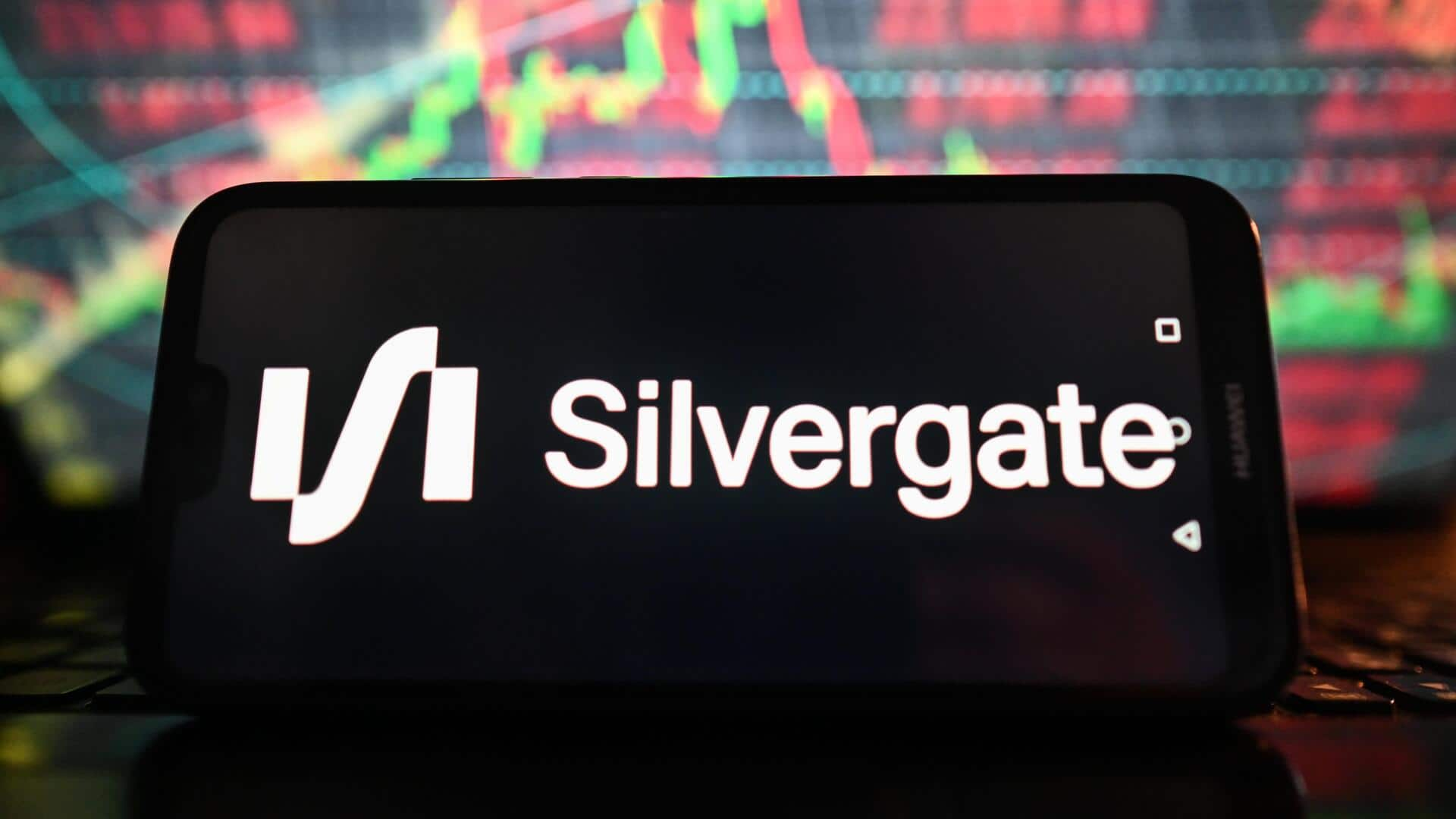
SEC charges Silvergate Bank with fraud over unmonitored cryptocurrency transactions
What's the story
The Securities and Exchange Commission (SEC) has accused Silvergate Bank, a former cryptocurrency financial sector giant, of defrauding investors. The bank allegedly misled investors regarding its anti-money laundering controls, as well as the potential impact of the FTX collapse on its operations. The lawsuit also implicates the bank's CEO, CRO, and CFO as defendants in this case.
Settlement details
Silvergate settles for $50 million
Silvergate Bank has agreed to a $50 million settlement sans admitting or denying the SEC's allegations, according to an SEC statement. CEO Alan Lane, as well as CRO Kathleen Fraher, have also settled for $1 million and $250,000, respectively. The SEC alleges that Silvergate failed to adequately monitor "approximately $1 trillion" in transactions and overlooked "nearly $9 billion in suspicious transfers" by FTX entities.
Bankruptcy impact
FTX bankruptcy triggers Silvergate's downfall
FTX, one of Silvergate's largest customers, declared bankruptcy which led to a bank run that ultimately resulted in Silvergate's downfall. CEO Lane initiated a review of the bank's relationship with FTX after noticing social media discussions about Silvergate. This review revealed over 300 suspicious transactions in 2022, amounting to almost $9 billion.
Fraud allegations
Silvergate CFO accused of misleading investors
The SEC accuses Silvergate CFO Antonio Martino of engaging in a fraudulent scheme to mislead investors about the bank's financial condition. Martino allegedly knew the bank had borrowed billions due for repayment in early 2023, yet approved an earnings release that falsely stated the bank tipped to sell only $1.7 billion in securities during Q1 2023. In response, Martino's attorney stated that his client "categorically denies" these allegations and "acted reasonably and in good faith throughout his time at Silvergate."
Compliance issues
SEC questions Silvergate's compliance program
The SEC's allegations focus on the Silvergate Exchange Network (SEN), a system that allowed crypto customers to make transactions at all hours. Despite claims of SEN's safety, the SEC alleges that the network wasn't monitored automatically for suspicious transactions for "at least 15 months prior to November 2022." In 2022, US government examiners repeatedly informed Silvergate, that its compliance program with the Bank Secrecy Act was insufficient.